2017 Seed Grants
21CC’s applied research grants support interdisciplinary teams of Hopkins faculty and researchers working in partnership with a city or community partner on new, short-term research of urban policies or programs related to neighborhood transformation. In 2017, 21CC awarded seven seed grants under the second round of the 21CC Applied Research Seed Grant Program. The projects focus on the three urban policy areas discussed at the inaugural 21CC national symposium held in September 2016:
- Mixed-income neighborhood development
- Safe and healthy neighborhoods
- Economic opportunity, inclusion, and growth
Mixed-Income Neighborhoods
Alternative Models of Housing Development Programs in Buenos Aires, Argentina
Research Team Leads:
- Juan Obarrio, Phd, Associate Professor, Department of Anthropology, Krieger School of Arts and Sciences
- Valeria Procupez, Phd, Post-Doctoral Fellow, Department of Anthropology, Krieger School of Arts and Sciences
- Maria Carla Rodriguez, Research Director, Area of Urban Studies, School of Social Sciences, University of Buenos Aires
City/Community Partners: MOI (Movimiento de Ocupantes e Inquilinos/Movement of Squatters and Tenants), Buenos Aires, Argentina
Description: Since the 1990s, Buenos Aires has undergone a reconfiguration of its urban environment, verified in the exacerbation of social polarization as a result of processes of redevelopment, transnational investment, land valorization, privatization of urban services, and gentrification. This has resulted in a rising number of evictions, contestation, and struggles for urban space. This project aims to study the impact of the Program for Self-managed Housing, a small, experimental, community based government housing program as one among other instruments aimed at alleviating urban poverty and countering the severe housing deficit in the city. The study involves both longitudinal and comparative perspectives encompassing six different cases of program implementation.
The School and Housing Market Relationship in an Era of Choice
Research Team Leads:
- Jeffrey Grigg, Phd, Assistant Professor, School of Education, Baltimore Education Research Consortium
- Marc Stein, Phd, Associate Professor, School of Education
City/Community Partners: Baltimore City Public School System and Baltimore City Department of Planning
Description: The decoupling of school attendance from residential location in districts with school choice poses both challenges and opportunities. Predicting enrollments, especially for individual schools, has become more challenging. However, it offers an opportunity to better understand how families make enrollment choices in the absence of residential constraints. Using longitudinal housing market, demographic, and school enrollment data, researchers from Hopkins will collaborate with planners from the City of Baltimore Planning Department and the Baltimore City Public School System to produce updated enrollment projection models. These models will offer insight into the evolving relation between housing and school enrollment.
American-Muslims in Urban Centers: An Exploratory Study in Baltimore City
Research Team Leads:
- Adnan Hyder, Professor, School of Public Health
- Uzma Haque, Assistant Professor, School of Medicine
- Joseph Ali, Research Scholar, Berman Institute of Bioethics
- Niloofar Haeri, Professor, School of Arts and Sciences
City/Community Partners: Institute for Islamic, Christian and Jewish Studies and the Muslim Social Services Agency
Description: The overall goal of the study is to determine whether, and to what extent, American Muslims living in Baltimore feel ‘integrated’ into their urban neighborhoods. The research team is focusing on American Muslims due to the increasing vulnerability of the population and pressing need to develop and pilot locally (before scaling up) a systematic approach to support socio-political inclusion and community re-stabilization. The research team will conduct in-depth interviews with key informants and focus group discussions with members of American Muslim community in the city of Baltimore, home to a heterogeneous and diverse population that represents various regions, religions and cultures of the world.
Safe and Healthy Neighborhoods
How Preemption Affects City-Level Public Policymaking
Research Team Leads:
- Lainie Rutkow, Associate Professor of Health Policy and Management, Johns Hopkins Bloomberg School of Public Health
- Jon Vernick, Professor of Health Policy and Management, Johns Hopkins Bloomberg School of Public Health
Description: Preemption refers to the ability of a higher level of government to legally prevent, or preempt, a lower level of government from acting. In the U.S., the federal and state governments use preemption for several reasons. The federal government may, for example, seek to establish a strong, consistent national standard (e.g., for safety devices in cars). On the other hand, a state government may use preemption to ensure that local governments do not regulate in a certain area (e.g., clean indoor air). The state may do this because it has passed its own law, and does not want a “patchwork” of additional – and possibly conflicting – local laws. When states preempt local action, however, policy innovation may be stifled, leaving cities with little room to experiment with policies intended to address their unique needs. For this project, we will use an online survey to examine preemption from the perspective of the local policymakers who are actually affected by it. Specifically, we seek to understand areas in which cities have faced preemption, whether preemption was found to help or hinder policymaking, and what resources might help cities to address preemption.
Health in All Policies: Evaluating the Use of Alcohol Outlet Zoning Policy to Improve Health, Safety, and Economic Conditions in Urban Neighborhoods
Research Team Leads:
- Rachel Thornton, MD, Phd, Assistant Professor of Pediatrics, School of Medicine, Department of Health, Behavior, and Society, Bloomberg School of Public Health
- Jacky Jennings, Phd, MPH, Associate Professor of Pediatrics and Epidemiology, School of Medicine
- Christina Stacy, Phd, Senior Research Associate, Urban Institute
City/Community Partners: Baltimore City Department of Planning and Baltimore Department of Housing and Community Development
Description: The Baltimore City Council recently approved a new zoning code ordinance that includes provisions addressing the location, distribution, and density of alcohol outlets. Alcohol outlets are known crime attractors that can negatively impact population health and may also affect neighborhood economic conditions. The team proposes to develop a comprehensive and practical framework for assessing the impact of Baltimore’s new alcohol outlet zoning policies on the health, safety, and economic conditions of residents living in the affected neighborhoods. This framework will be relevant to other jurisdictions’ efforts to evaluate how various policies and programs affect residents’ health and well-being.
Public Health Impacts and Implications of Targeted Neighborhood Revitalization—Lessons from Baltimore’s Vacants to Value (V2V) Program
Research Team Leads:
- Joel Gittelsohn, Phd, Professor, Department of International Health, Bloomberg School of Public Health
- Yeeli Mui, MPH, Doctoral Candidate, Department of International Health, Bloomberg School of Public Health
- Joseph Schilling, Senior Researcher, Urban Institute
City/Community Partners: Baltimore Housing and Baltimore Neighborhood Indicators Alliance
Description: In 2010, Baltimore launched the Vacants to Value (V2V) program to target vacant and substandard properties for renovation and transfer to new owners. The health impacts of such urban initiatives are unknown. This study will lay the groundwork for a future Health Impact Assessment (HIA) of V2V by conducting mixed-methods formative research. The team will develop case studies comparing V2V’s efforts in Community Development Cluster neighborhoods and interview city officials, nonprofits, and private developers to gather insights and preliminary impacts of V2V. This work will generate a dataset inventory, stakeholder inventory, and code enforcement process map to conduct the future planned HIA.
Publications:
- Revisiting Revitalization: Community Health Lessons from
Baltimore’s Vacants to Value Initiative - Restoring the Social Fabric: Challenges and Opportunities to Strengthen the Revitalization Process and Community Health in Park Heights, Baltimore
- Coalition of the Willing: Advancing Community Health through Collaborative Revitalization in Greenmount West, Baltimore
- Community-Driven Revitalization: Building on Historic Strengths to Restore and Preserve Community Health in Eager Street Commons, Baltimore
Economic Opportunity, Inclusion, and Growth
How Information and Future Expectations Affect Educational Investments among Low-Income Youth in Baltimore
Research Team Leads:
- Stefanie DeLuca, Phd, Associate Professor, Department of Sociology, Krieger School of Arts and Sciences
- Nicholas Papageorge, Phd, Assistant Professor, Department of Economics, Krieger School of Arts and Sciences
- Seth Gershenson, Phd, Associate Professor, Department of Public Administration and Policy, School of Public Affairs, American University
City/Community Partners: Baltimore City Public School System and Baltimore City Community College
Description: Low-income Baltimore youth often pursue short-term degrees from for-profit programs instead of more lucrative four-year college degrees. The team proposes to explore an under-studied explanation. Low-income students face instability in their lives, often leading to interruptions and, possibly, derailment of four-year degrees. Anticipating this possibility, students opt for shorter degrees. The study will identify which adverse events lead to interruptions. Moreover, working with two community partners, Baltimore City Public Schools and Baltimore City Community College, the team will design interventions that prevent interruptions from derailing educational pathways.





